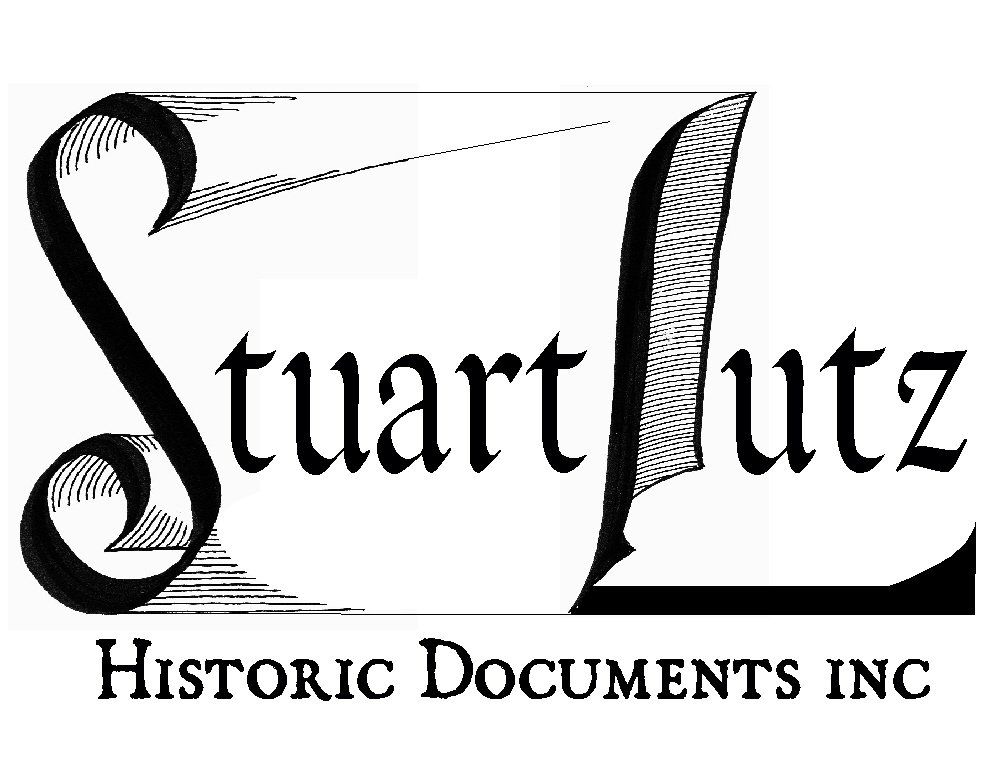signed
by (GERRYMANDERING)
WILLIAM EUSTIS (1753-1825). Eustis served as a military surgeon during the American Revolutionary War, notably at the Battle of Bunker Hill, as a Congressman and Governor of Massachusetts, and as United States Secretary of War during the War of 1812. ALS. 3 pgs. 8 x 14. February 23, 1802. Cambridge. An autograph letter signed AH to Wm Eustis Esquire: The opposition party you see continue to vent their chagrin by saucy paragraphs in the paper devoted to their cause, but they are more moderate in mixed company than when you left us; it is nevertheless my opinion that they will make a great exertion to retain their superiority in the next legislature, but (truncated)



